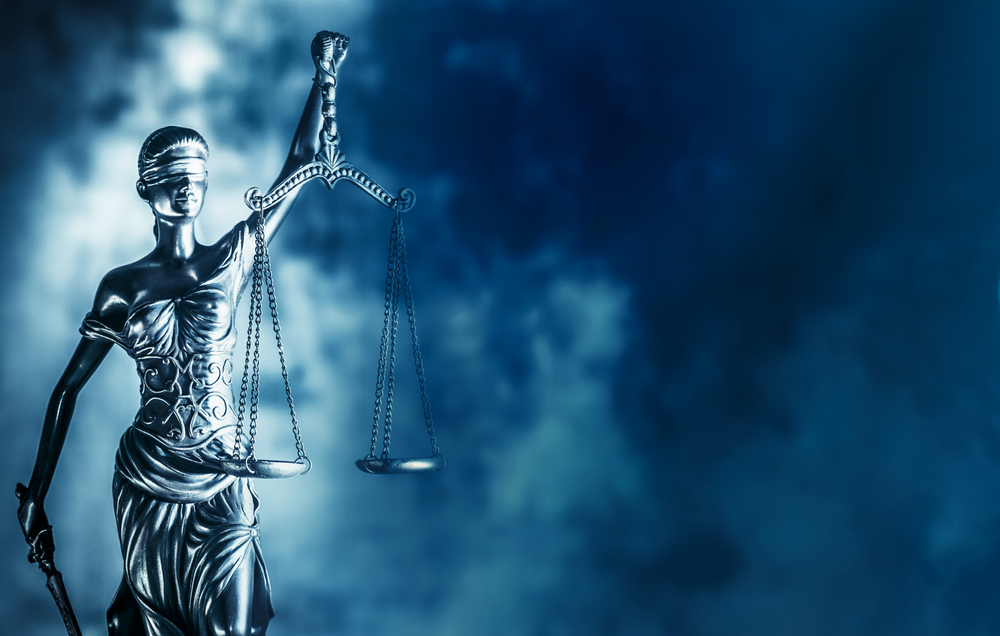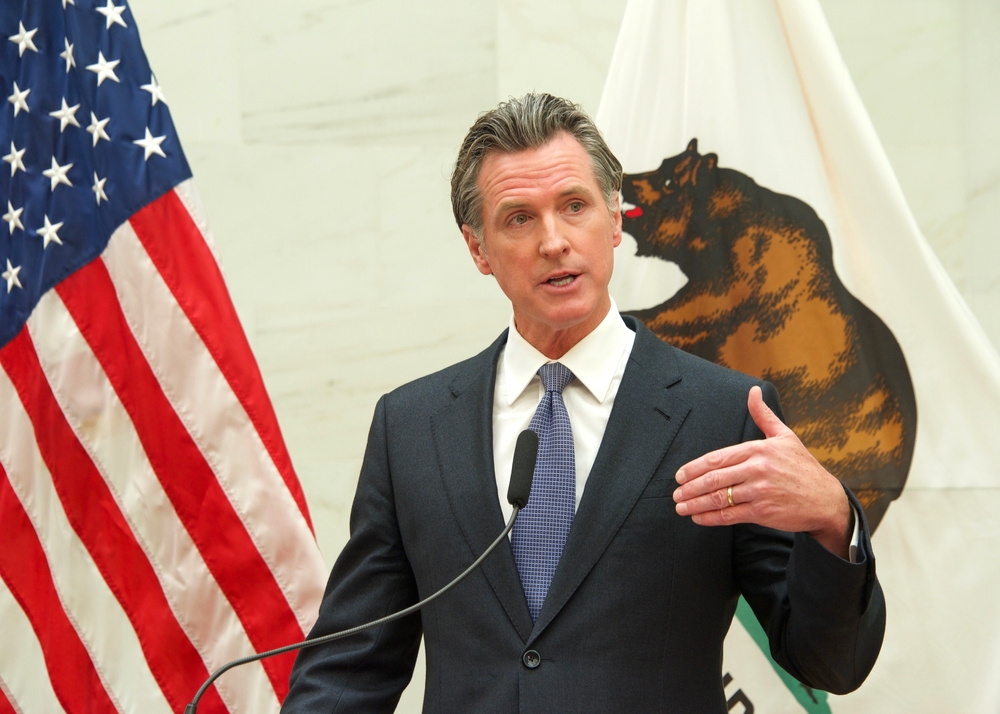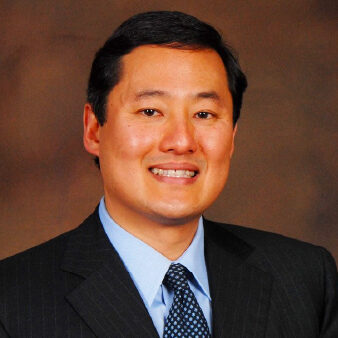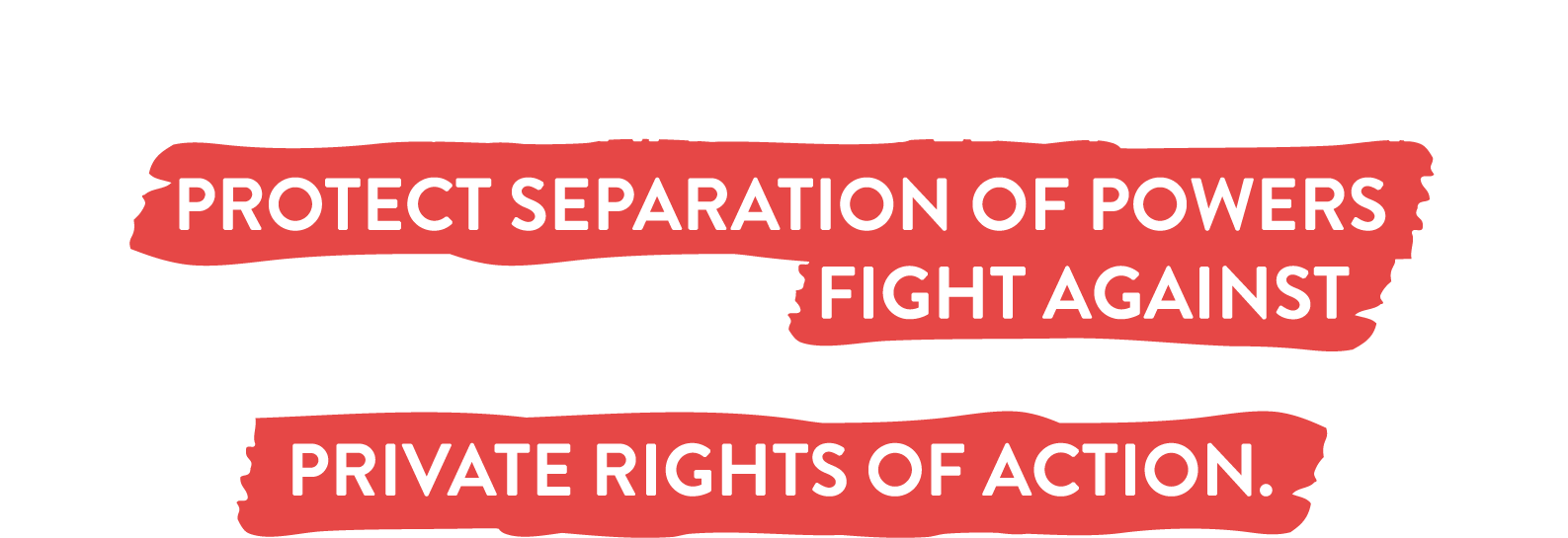Who We Are
Citizens for Legal Reform is a nonprofit organization dedicated to preserving the separation of powers and the accountability of the political branches at all levels of government in the United States.
CLR opposes laws that empower private plaintiffs to sue individuals for wrongs done to society in general.
CLR believes such laws are unconstitutional, eviscerate political accountability, undermine the rule of law, and create a patchwork of laws cross the country that would disincentivize individuals from exercising their constitutional rights.
Fighting Private Rights of Action
Citizens for Legal Reform is a nonprofit organization dedicated to preserving the separation of powers and the accountability of the political branches at all levels of government in the United States.
CLR opposes laws that empower private plaintiffs to sue individuals for wrongs done to society in general.
CLR believes such laws are unconstitutional, eviscerate political accountability, undermine the rule of law, and create a patchwork of laws cross the country that would disincentivize individuals from exercising their constitutional rights.
Why Are Private Rights of Action Bad Public Policy?

Unconstitutional
Legislation authorizing private rights of action may violate several provisions of the U.S. Constitution and may run afoul of state constitutional provisions.
Examples of federal constitutional issues
Article II: By vesting the “executive Power” exclusively in the President and requiring him to “take Care that the Laws be faithfully executed,” the constitution prevents Congress from imbuing private parties with executive power.
Non-Delegation: Because Congress makes the laws and the Executive enforces the laws, there are difficult and fundamental legal questions about the delegation of Executive power when Congress authorizes citizen suits.

Lack of Accountability
Private enforcement provisions eviscerate political accountability, which is a vital part of our representative democracy. Private parties empowered to enforce public laws have largely unchecked enforcement power because they are not accountable to voters or elected officials when they use a law for unintended purposes. Voters cannot vote them out of office, and legislators cannot meaningfully use standard tools like oversight hearings or appropriations to guide enforcement.

Discriminatory Enforcement
Private parties could engage in partisan warfare and/or blatantly discriminatory enforcement, including selecting enforcement targets based on political philosophy or a protected class such as race or sex.

Unpredictability
Laws and law enforcement must be predictable. Individuals and businesses often rely on the executive’s interpretation of the law through, among other things, formal rulemaking and guidance documents. However, if private parties can bring lawsuits under novel legal theories or in unanticipated factual circumstances, businesses cannot reasonably rely on the executive’s interpretation. This unpredictability is not only harmful for businesses and individuals, but it also undermines the authority of regulators to guide compliance.

Undermine Citizens’ Constitutional Rights
Legislators seeking to avoid political accountability may use private plaintiffs to escape constitutional limits on executive enforcement. As a result, such laws could disincentivize individuals from exercising their constitutional rights.
Recent Examples of Legislative Efforts Related to PRAs
On April 29, Citizens for Legal Reform sent this letter to members of the House Energy & Commerce Committee detailing concerns with certain private rights of action in the draft American Data Privacy Act of 2024.
CALIFORNIA
SB 1327 created a private right of action for any person who (1) manufactures, distributes, transports, or imports assault weapons, or .50 BMG rifles; (2) purchases, sells, or transfers ownership of any firearm that is not a federally regulated; or (3) is a licensed firearms dealer and sells, supplies, delivers, or gives possession or control of a firearm to any person under 21 years of age.
TEXAS
SB 8 authorizes any person, other than an employee of a state or local governmental entity in the state, to bring a civil action against any person who” knowingly performs, induces, aids, or abets an abortion.
CLEAN AIR ACT
The Clean Air Act authorizes any citizen to file a civil lawsuit on his own behalf against any person or company who is alleged to have violated or be in violation of the CAA.
In the News

State-Level Private Enforcement Is Much More Complicated Than Previously Thought
New research on state laws that delegate enforcement to citizens. “Our findings show that state private enforcement is large, significant, and maybe even a bit chaotic.”…

Landmark Washington Health Data Privacy Law Creates Suit Risks
Washington State’s health data privacy law – “My Health My Data Act” took effect March 31. Will its private right of action lead to a flood of litigation?…

California Gun Measures Let Citizens Sue to Enforce Regulations
Zusha Elinson and Christine Mai-Duc
Wall Street Journal reports on California gun law that lets private citizens sue to……
Leadership

Karen R. Harned
Executive Director
Ms. Harned has over 33 years of legal, regulatory, legislative, and communications experience defending the freedoms afforded to all Americans by the...
Board of Directors

Adam White
President
Adam White is a senior fellow at the American Enterprise Institute, where he focuses on American constitutionalism, the Supreme Court, and the...

Peter J. Wallison
Treasurer
Peter J. Wallison is a senior fellow emeritus at the American Enterprise Institute (AEI), where he studies constitutional law and the growth of...

John Yoo
Secretary
John Yoo is the Emanuel Heller Professor of Law at the University of California at Berkeley. He is also a Nonresident Senior Fellow at the...

